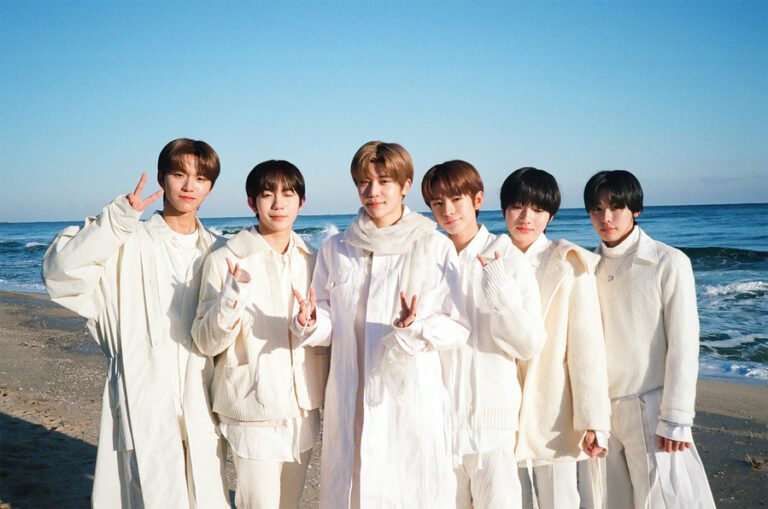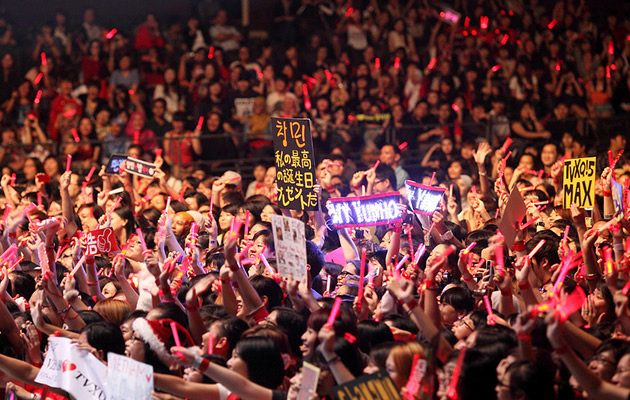What is a toxic K-pop fan?
Most of us, especially in our adolescence and youth, have been fans of a band or musician. While most of us manage to maintain these feelings of admiration and desire healthily, a certain group of people can experience these feelings in a way that can harm themselves and others and become toxic fans. K-pop is a genre where this uncontrolled admiration is widespread. So what is a toxic K-pop fan?
What is a toxic K-pop fan?
Toxic means harmful or poisonous. Lately, we have started to use this term a lot in our relationships (toxic relationships). A toxic relationship harms us, makes us feel negative emotions, and often has the potential to affect our health.
A toxic K-pop fan is a fan who experiences admiration and desire for a K-pop group or member in a way that harms themselves and those around them.
This person may “deify” the person they admire, worship them, and want to own them, and because of this intense emotion, they lose respect for themselves and others and become a harmful person. If this person has harmed others, this admiration has now become harmful, and this artist-fan relationship has become toxic.
If you fit the description above, if you think you have become a toxic K-pop fan and you realize that you are harming yourself and the environment, don’t worry; you can change that.

Why do people become obsessive fans?
Obsessive fandom typically emerges as a reflection of various emotional and psychological needs. Especially during adolescence, individuals may develop such fandom as they navigate the process of finding their own identities. If you are in your teenage years, this may not make much sense to you, but you can be sure that this will change over time.
Many people feel the need to identify themselves with an idol or music group. This serves as a form of guidance for young people who are trying to explore their own identities. Idols can act as role models, helping fans understand their values and passions. This is why we try to emulate the personalities we admire, dressing like them, doing makeup like them, and being curious about their personal lives. Of course, these behaviors alone do not make us obsessive or toxic fans.
Another reason for obsessive fandom is emotional voids. The connections established with idols can aim to fill emotional gaps in an individual’s daily life. These connections tend to provide a form of emotional security and support.
The desire for belonging can also be influential in developing obsessive fandom. Being part of a fandom satisfies the individual’s need to belong to a community. Sharing a common interest allows people to connect and develop a shared sense of identity.
Additionally, obsessive fandom can serve as a mechanism to escape from real-world challenges. When life becomes overwhelming, focusing on the world of idols can help us distance ourselves from daily stress and problems.
While these emotional connections can be a source of meaning and support for many, when obsessive fandom develops in an imbalanced way, it can lead individuals to neglect their own lives and drift away from real-world relationships. Therefore, it is important to establish healthy boundaries and focus on real-life aspects.
How do I stop being a toxic fan?
Remember that dressing like the person you admire, trying to visually resemble them, and loving them deeply does not make you a toxic fan. Many fans experience these feelings, especially during their younger years. However, if you believe that your intense admiration for your idol is causing harm to yourself and those around you, and if people in your family and environment consider it a problem and it has even started to become a legal issue, I recommend applying the following suggestions and reassessing your situation and emotions.
Breaking free from obsessive fandom is typically a process that requires awareness and conscious effort. Here are some suggestions that might help you stop being a toxic fan:
Self-reflection: Start by understanding why your fandom is so intense. Asking yourself questions like “What does my relationship with this person or group mean to me?” and “What needs does this fandom fulfill for me?” can be a crucial first step in evaluating emotional connections.
Realistic Perspective: If you’ve idealized the person or group you admire, try to develop a more realistic perspective. Acknowledge that everyone has flaws and imperfections, including those you look up to. Embracing this reality can contribute to a more balanced fan experience.
Diversify Interests: Redirecting your focus to different interests allows you to explore and discover more about yourself. Engaging in new hobbies, reading books, participating in sports, and other activities can help shift your focus from a single point.
Strengthen Social Connections: Building stronger social connections is essential. Meeting new people, listening to different perspectives, and expanding your social circle can help balance the feelings associated with fandom and remind you of the importance of real-world relationships.
Remember that being a fan of a group or artist is not a crime or wrong. Most people may feel these emotions at certain periods of their lives, perhaps even throughout their lives. Therefore, feeling guilty about it is not correct.
As mentioned above, if this situation begins to harm our well-being, family, friendships, and social relationships, changing our current state and understanding our feelings better can be very beneficial. If you think you have developed a toxic fandom and aim to improve yourself in this regard, there is no need to put too much pressure on yourself.
The emotions you experience due to your fandom are not your fault. Every person can encounter similar situations in their life. Love yourself, respect yourself, and remember that no one is superior to you.
You can share your views and emotions about this topic in the comments!
Image source: Creative Commons Attribution-ShareAlike 2.0 Generic







